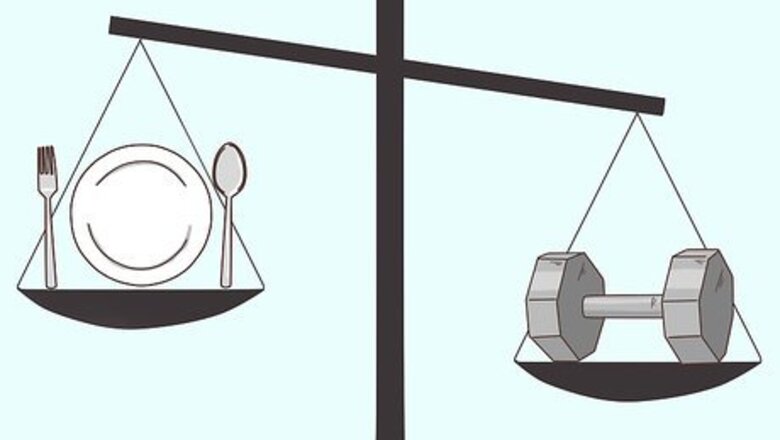
views
Getting Slim Quick
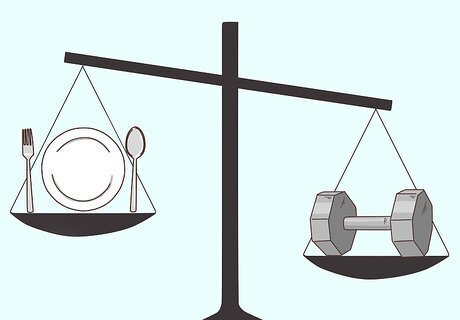
Eat less and exercise more. It's as simple as that! The goal is to burn more calories than you consume in a given day. One pound equals 3,500 calories, meaning you will have to burn 3,500 calories more than you consume in order to lose one pound. Reduce your caloric intake by cutting portion sizes. Be sure to read the labels on everything you eat so that you can keep track of your calories. Eat small meals and snacks throughout the day. This will keep your metabolism fast and prevent your body from storing extra fat. Do aerobic exercises like running, hiking, swimming and biking. These will help speed up your metabolism and burn calories. Remember that exercise burns calories, but cannot alone make you lose weight. You will absolutely have to eat less in order to lose weight.
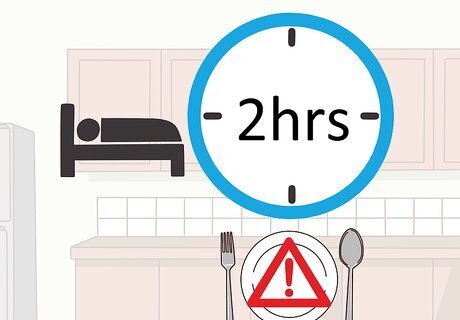
Stop eating two hours before you go to sleep. Your metabolism slows down dramatically while you sleep, so it will take longer for the food to digest. Plus, eating early on in the day will give you the energy you need to go about your daily activities.
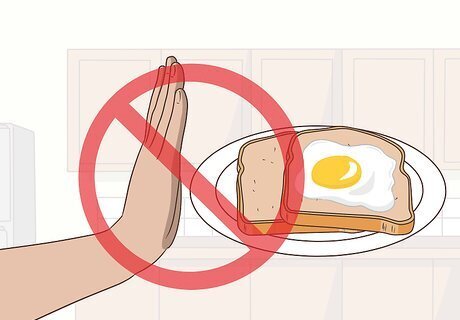
Don't skip meals. Skipping meals will force your body into starvation mode, causing it to store extra fat. Think of your metabolism as a fire, and food as its fuel. If you want to keep the fire strong, you will have to keep adding twigs, newspaper, and logs to it. If you stop adding these things to the fire, it will eventually die out. Similarly, if you starve yourself, your metabolism will get weaker and weaker over time. It's better to eat four or five small meals throughout the day than to eat two or three large ones, because your body will have more time to digest the food. Consider eating smaller meals with snacks in between. This will keep your metabolism working throughout the day. Try these healthy snacks for in between meals: a piece of fruit like a banana or apple, a cup of Greek yogurt, a nutrition bar, some carrots and hummus or a small salad with light dressing.
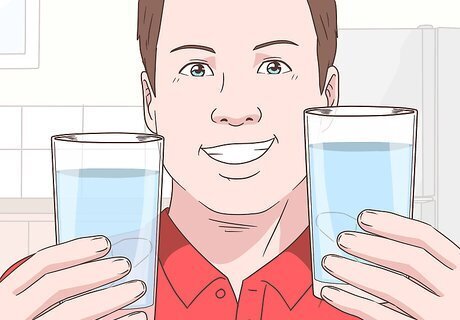
Drink plenty of water. Did you know that the human body often confuses hunger and thirst? If you are craving food but are not actually hungry, then chances are that your body is dehydrated. You should drink a minimum of 8 cups of water each day.
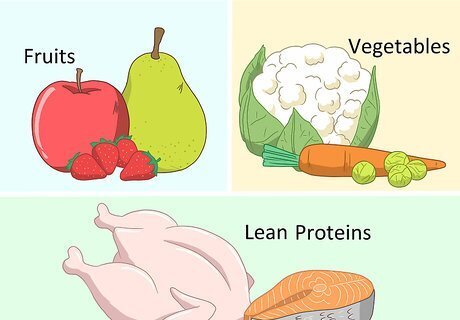
Eat fruits, vegetables, and lean proteins. These foods are nutrient-rich, giving your body the proper nourishment it needs without filling up on extra calories. Switch from white bread and rice to whole grain. Cut out empty calories that come from bread, pasta, alcohol, and sugary foods.
Maintaining Your Goal Weight
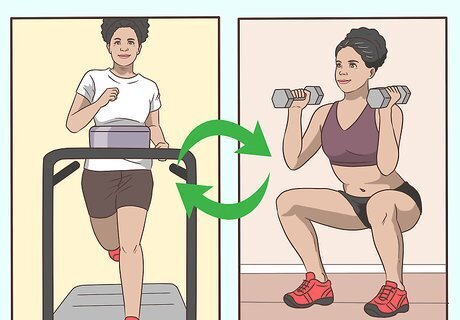
Add variety to your diet and workout routine. Our bodies get accustomed to diet and exercise routines very quickly. Keeping your body guessing by switching up your fitness plan will help you overcome plateaus and prevent weight gain. Alternate between eating six small meals one day and three bigger meals the next. Switch off between cardio and strength training exercises throughout the week. Try using intervals training to keep your routine exciting. For example, you may try running for 2–3 minutes before switching to walking for 1 minute. This can help your body burn more calories as well.
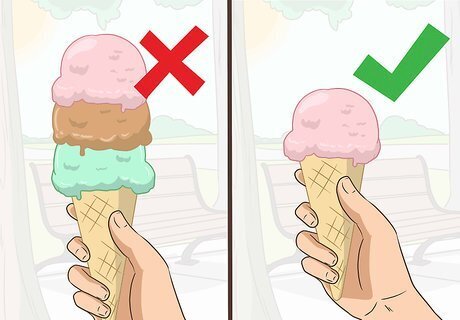
Prevent binging. Weight loss can often trigger the desire to binge, or overeat. The best way to avoid binging is to eat the things you crave in moderation. If you constantly deprive yourself, you will be much more likely to have binging episodes.
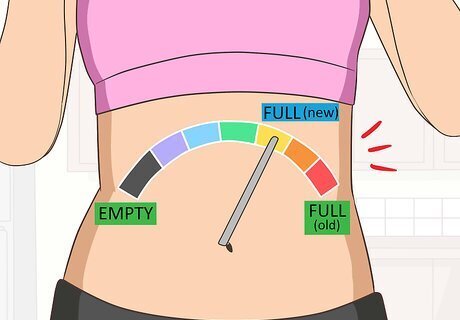
Don't go back to your old eating patterns. If you have lost weight, then your stomach has probably shrunk, meaning you need less food to feel full. Listen to your body, and only eat as much as you need to feel full. If you go back to your old eating patterns after reaching your goal weight, you will definitely gain some, if not all, of the weight back.
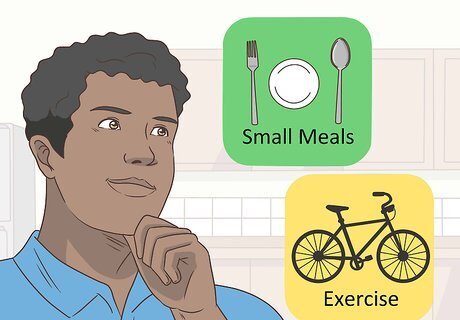
Find a doable eating and exercise pattern. If you are constantly suffering, you will eventually give up on your diet and exercise plan--it's only natural. Find a lifestyle that you feel comfortable with. Choose an exercise that you enjoy. If you are having fun, you will be much more likely to stick with it in the long term.
Using Daily Strategies
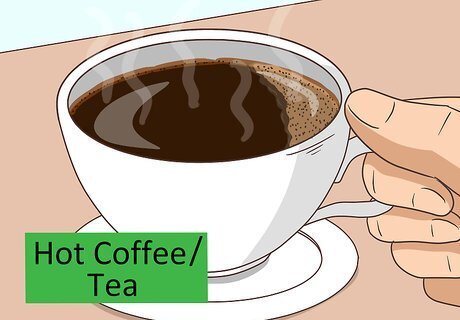
Drink hot beverages. Remember that hot beverages like coffee and tea can help you feel fuller for longer. If you are trying to cut back on caffeine, then opt for decaffeinated teas.
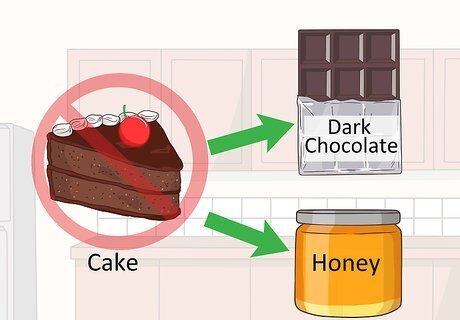
Find healthy alternatives to the foods you crave. If you suffer from a sweet tooth, then eat dark chocolate, honey, yogurt, and/or fruit rather than ice cream, cookies, and cake. This way you will satisfy your sweet tooth without compromising your waistline!
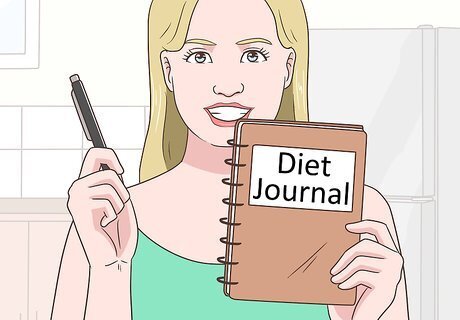
Keep a diet journal. People who keep food and exercise journals lose more weight than those who don't. Keeping track of your behavior helps you notice patterns, and determine what works for you and what doesn't.
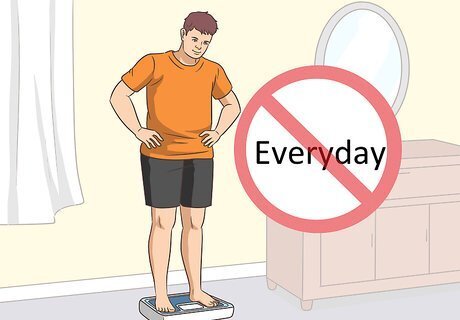
Don't weigh yourself every day. It will drive you crazy, and be misleading because everybody's weight fluctuates between 2 to 3 pounds each day.
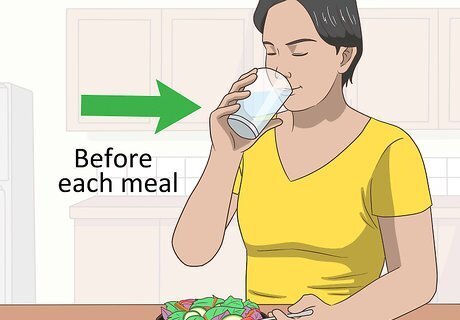
Drink a full glass of water and/or a piece of fruit before each meal. It will help fill your stomach up so that you feel fuller faster.
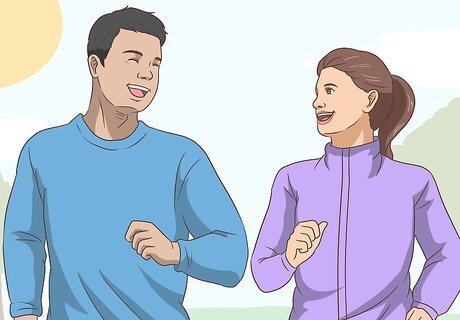
Find a weight loss buddy. You can share ideas and tips, and motivate one another when one of you feels like giving up.
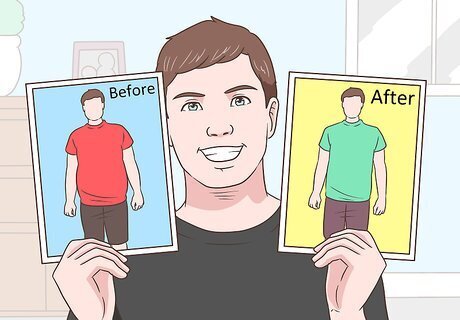
Take "before and after" pictures. This will help keep you motivated, and give you an overwhelming sense of satisfaction when you finally take that "after" picture.
















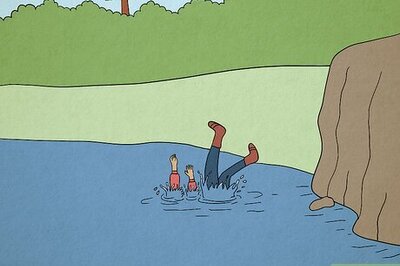
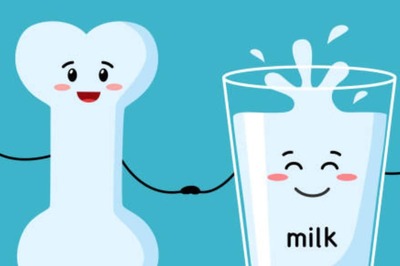

Comments
0 comment